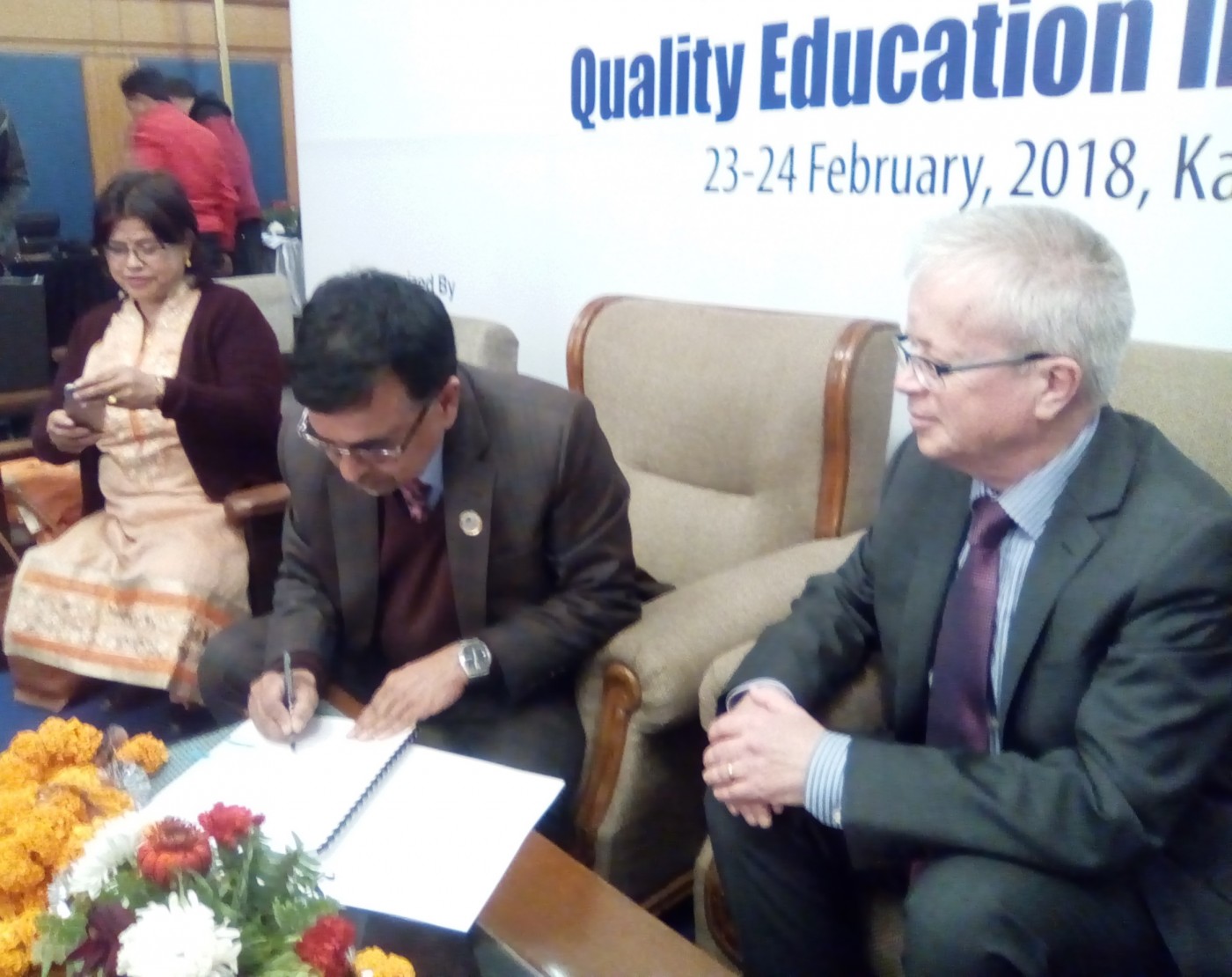 This weekend Manmohan Memorial Institute of Health Sciences (MMIHS) in Kathmandu, Nepal signed a Memorandum of Agreement (MoA) with Bournemouth University (BU).
This weekend Manmohan Memorial Institute of Health Sciences (MMIHS) in Kathmandu, Nepal signed a Memorandum of Agreement (MoA) with Bournemouth University (BU).  The ceremonial signing took place on the final day (24th Feb.) of the International Conference on Quality Education in Federal Nepal. Prof. Stephen Tee, who also spoke at the conference, represented our university.
The ceremonial signing took place on the final day (24th Feb.) of the International Conference on Quality Education in Federal Nepal. Prof. Stephen Tee, who also spoke at the conference, represented our university.
 The UoA formalises a long-standing collaboration between the two institutions. MMIHS and BU academics have jointly applied for research grants, conducted collaborative research and published together. Several BU staff [1-3] and students [4] in the Faculty of Health & Social Sciences have published in the Journal of Manmohan Memorial Institute of Health Sciences, an Open Access journal. Moreover, Prof. Edwin van Teijlingen in the Centre for Midwifery, Maternal and Perinatal Health has been a Visiting Professor at MMIHS for nearly a decade and has given several guest lectures over the years to staff and students at MMIHS.
The UoA formalises a long-standing collaboration between the two institutions. MMIHS and BU academics have jointly applied for research grants, conducted collaborative research and published together. Several BU staff [1-3] and students [4] in the Faculty of Health & Social Sciences have published in the Journal of Manmohan Memorial Institute of Health Sciences, an Open Access journal. Moreover, Prof. Edwin van Teijlingen in the Centre for Midwifery, Maternal and Perinatal Health has been a Visiting Professor at MMIHS for nearly a decade and has given several guest lectures over the years to staff and students at MMIHS.
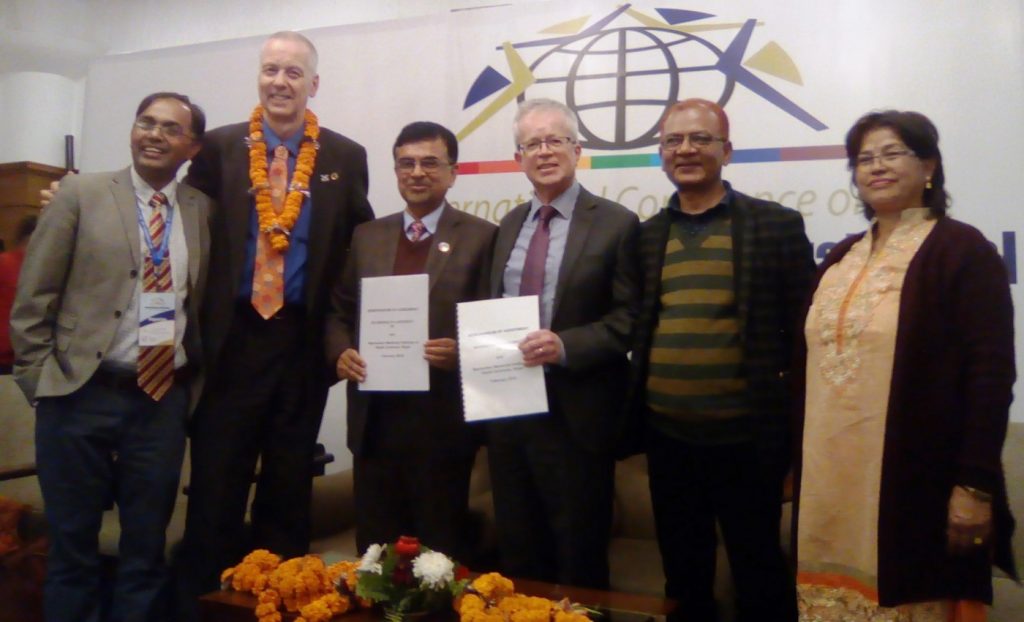
References:
- van Teijlingen, E., Simkhada, P., Luce, A., Hundley, V. (2016) Media, Health & Health Promotion in Nepal, Journal of Manmohan Memorial Institute of Health Sciences 2(1): 70-75. http://www.nepjol.info/index.php/JMMIHS/article/view/15799/12744
- Regmi, P., van Teijlingen, E., Simkhada, P, Kurmi, O, Pant, P. (2017) What can we learn from the Nepal Health Facility Survey 2015? Journal of Manmohan Memorial Institute of Health Sciences 3(1): 1-5.
- van Teijlingen, E., Marahatta, S.B., Simkhada, P., McIver, M., Sharma, J.P. (2017) Developing an international higher education partnerships between high & low-income countries: two case studies Journal of Manmohan Memorial Institute of Health Sciences, 3(1): 94-100.
- Vickery, M. van Teijlingen, E., (2017) Female infanticide in India and its relevance to Nepal Journal of Manmohan Memorial Institute of Health Sciences (JMMIHS) 3(1): 79-85.
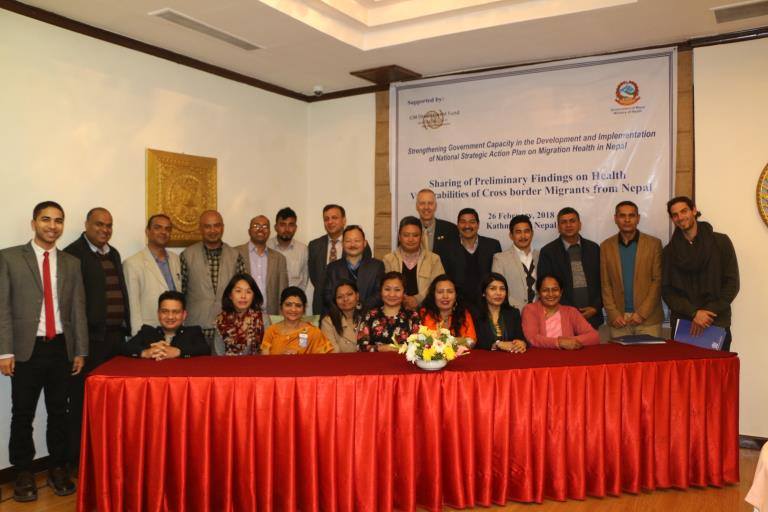

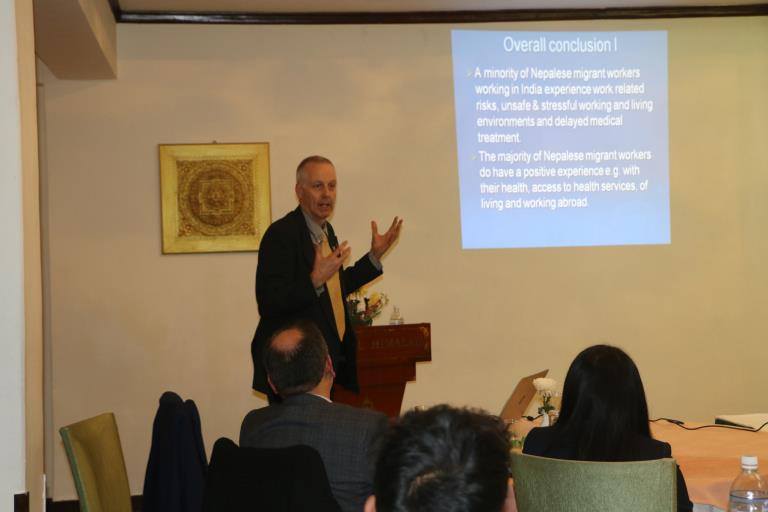
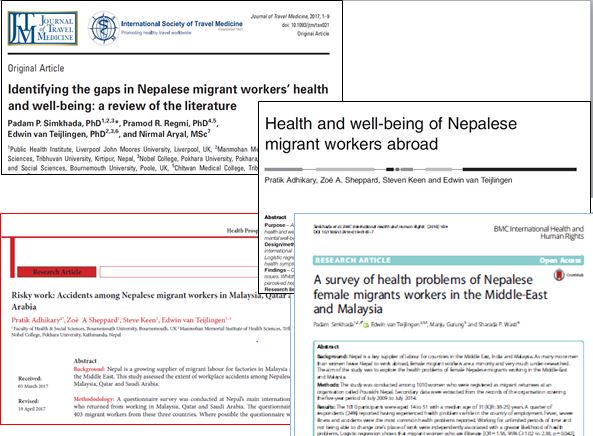
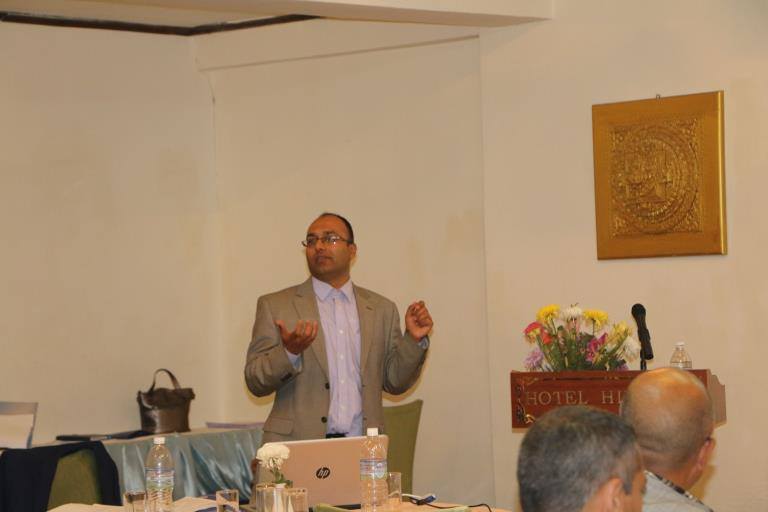
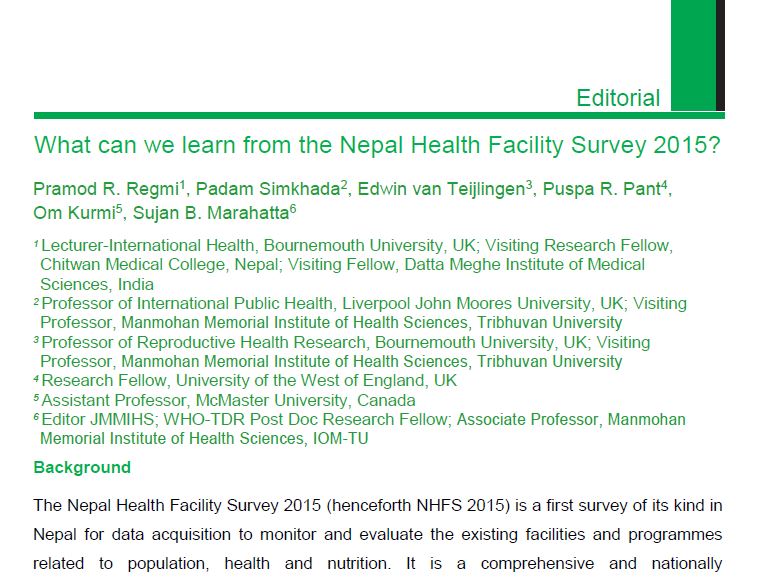
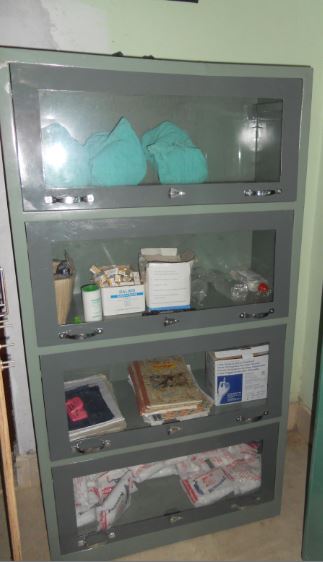
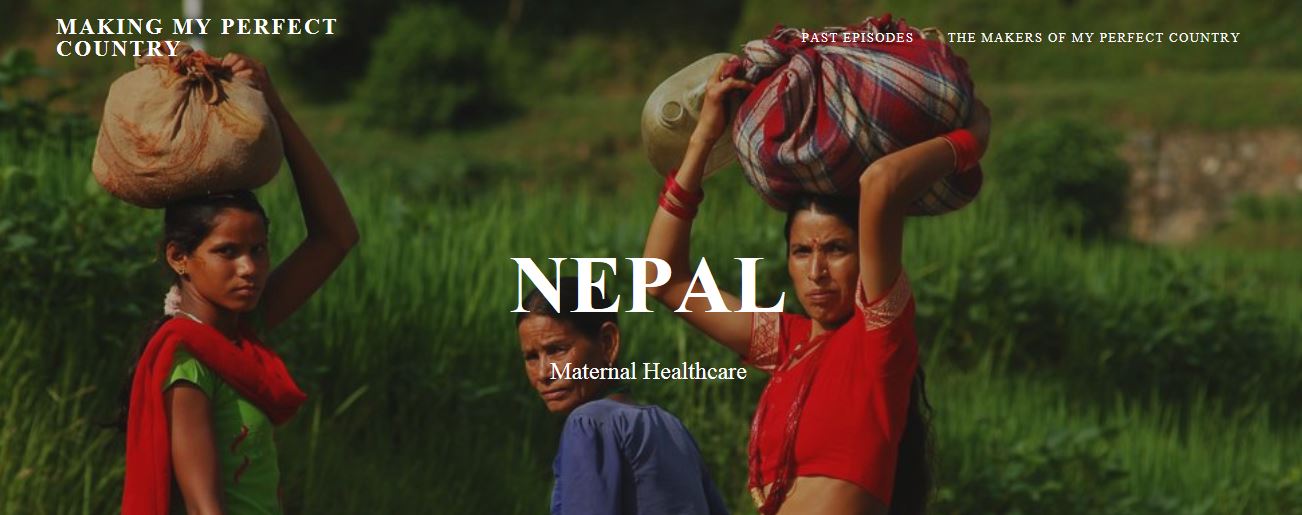


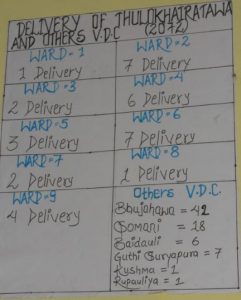

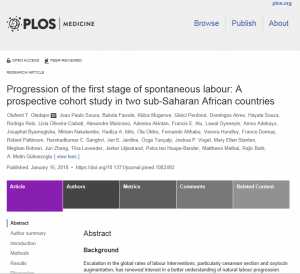
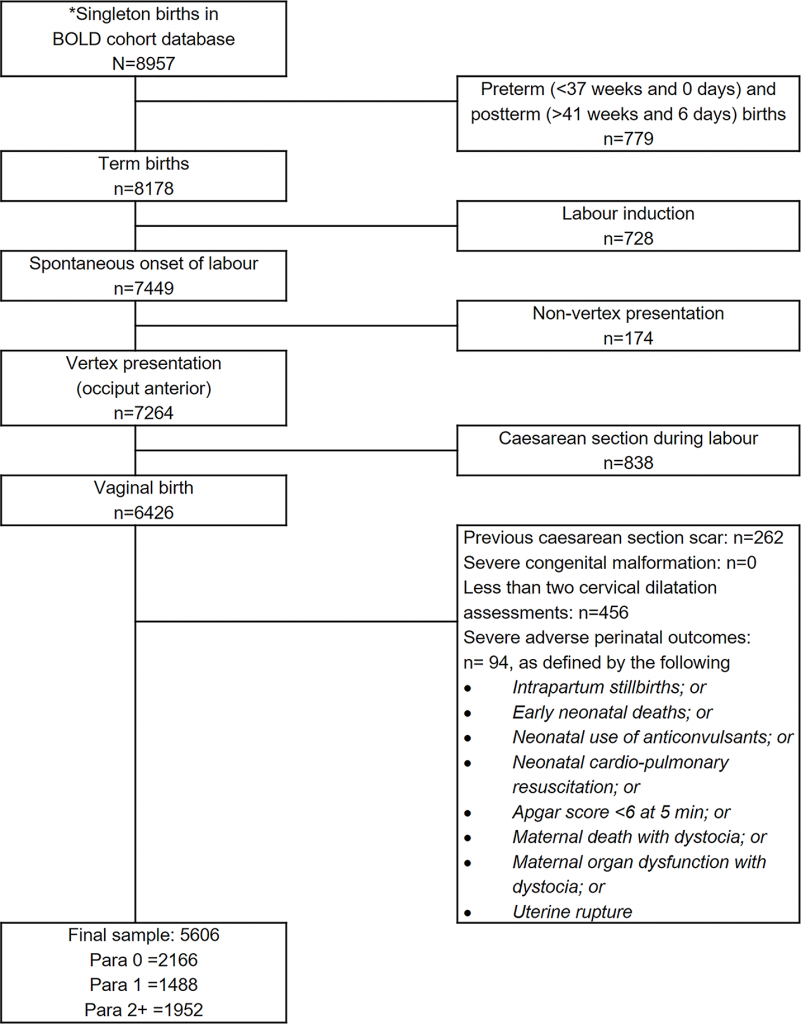
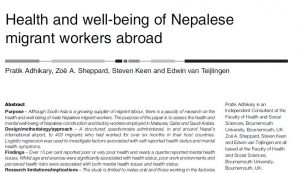


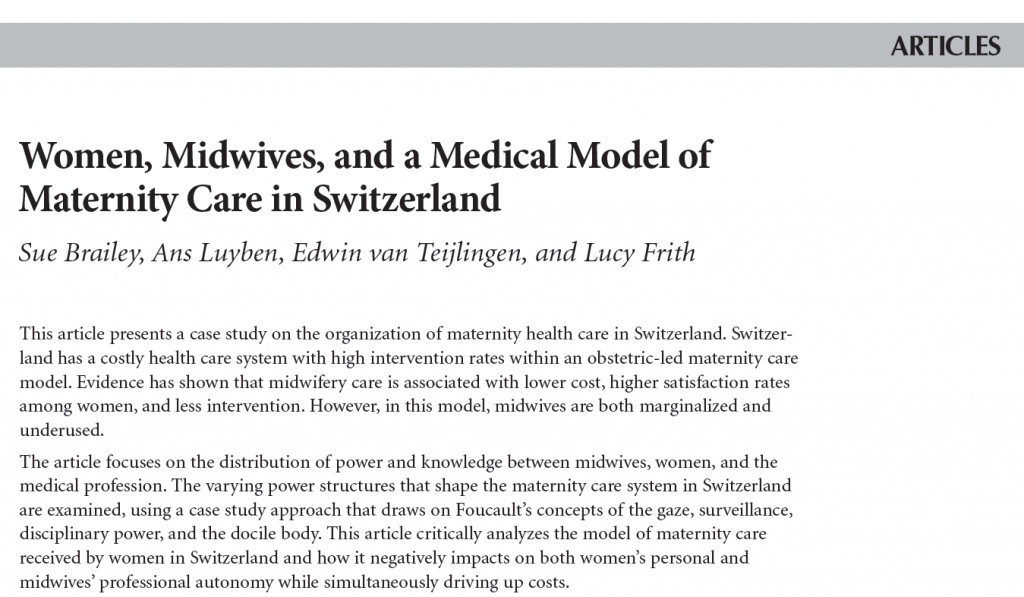

 As part of the
As part of the 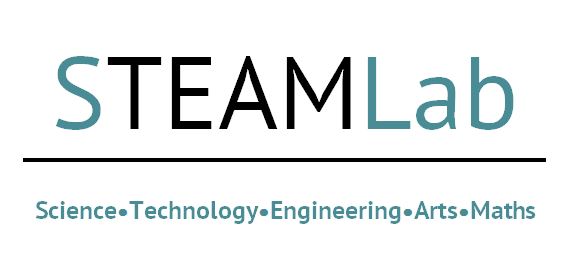

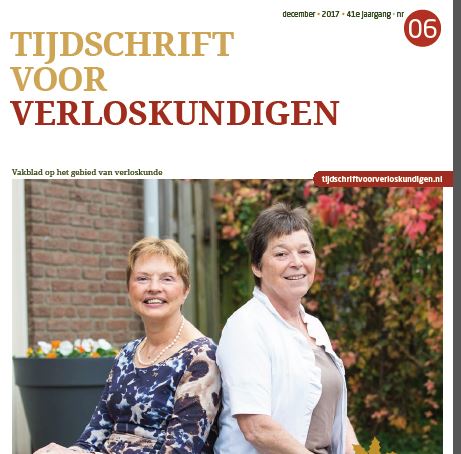
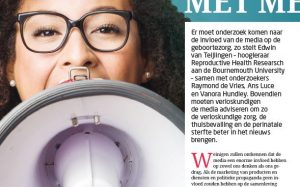












 Upcoming opportunities for PGRs – collaborate externally
Upcoming opportunities for PGRs – collaborate externally BU involved in new MRF dissemination grant
BU involved in new MRF dissemination grant New COVID-19 publication
New COVID-19 publication MSCA Postdoctoral Fellowships 2024
MSCA Postdoctoral Fellowships 2024 Horizon Europe News – December 2023
Horizon Europe News – December 2023